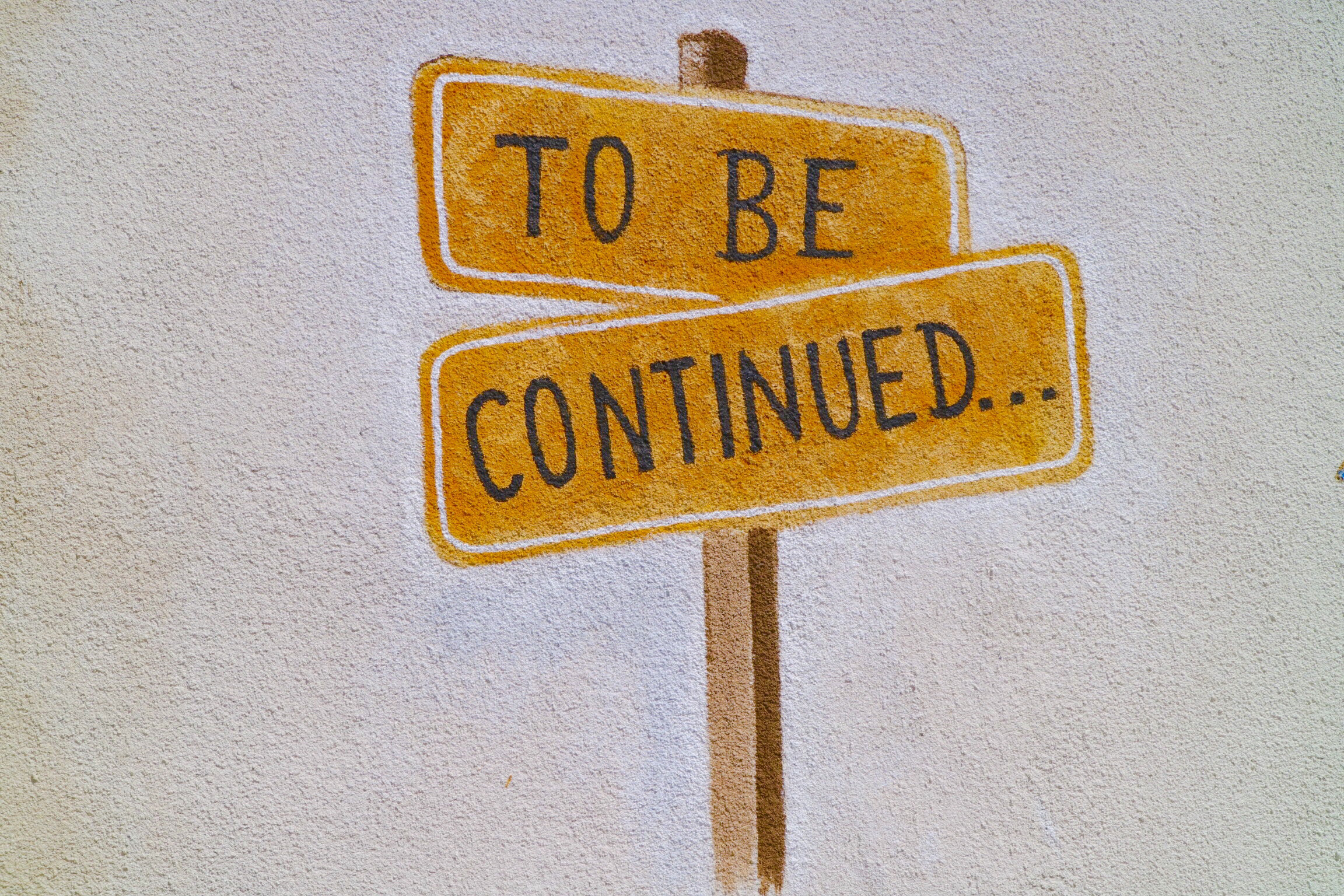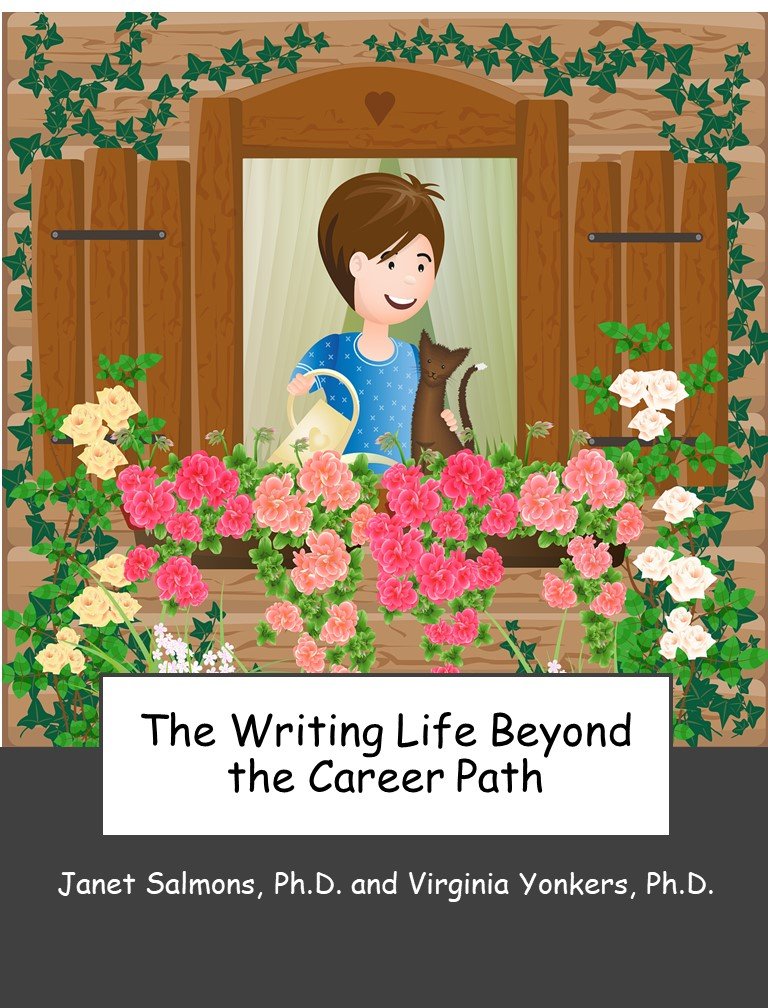Quiet the Noise: What to Do When You’re Writing Defensively (Part 1)
By Michelle Boyd
Dr. Boyd was a panelist for the webinar, How Academic Writing Coaches Get Unstuck. In this post she responds to questions posed by attendees: “How do you get unstuck in writing when someone's negative, hypercritical, or just mean feedback has gotten you stuck?” and “How do you balance or sustain your writing with all the imposter syndrome thoughts coming at you?” Want to get to learn how to deal with defensive writing? Stay tuned for Part 2!
She is the author of the new book Becoming the Writer You Already Are. Use the code MSPACEQ422 for a 20% discount on SAGE research methods books, valid until December 31, 2022. Learn more about Michelle on her website, InkWell Academic Writing Retreats.
Sometimes, when I sit down to work on my book, I hear voices in my head. Especially when I’m at the tricky bits—the parts where I haven’t quite figured out how to convey a nuance that’s a distinguishing feature of the work. When I’m wrestling with those sections, I almost invariably hear from the one reviewer (out of ten. That’s right. Ten.) who expressed even the slightest bit of skepticism about my book proposal: “This’ll be great,” I hear her say with a huff, “if she can actually do it.”
Now, here’s the thing. Every single one of those reviewers was thoughtful and critical and full of helpful suggestions. Including the one whose voice I hear in my head. And to be honest, I don’t really know if that’s exactly what she wrote. Those words are just what I hear when I start to get worried. In my head, this reviewer snorts before she speaks, and delivers the line with an impressively lengthy eye roll. Worst of all, after she says it, I hear a chorus of low-pitched chuckles from an invisible gallery of observers I didn’t even realizewere around.
It’s clear to me, when I hear her voice, that I, in fact, cannot do anything as grand as what I claimed I could in my book proposal. She knew it. I knew it. And once I actually finish the book, everybody else is going to know it too.
When this voice gets in my head, there is suddenly a ton of reading that needs to be done. It becomes extremely important to go through the backlog of articles I’ve been collecting while writing and immediately and painstakingly read through, annotate, and refer to each of them while writing—even if they articulate ideas I’ve already heard/had/cited before.
I can barely get my own thoughts on the page without double checking the relationship between what I’m thinking and what others have written before me: I must cite the seminal articles to be sure I am not inadvertently claiming an idea as my own. I must note the distinction between my conception of the issue and so-and-so’s 2010 reframing of it. At the end of an hour’s work, I’ve nearly started to sweat, and the ratio of citation to prose is a good 4 to 1.
This might seem like procrastination. But it’s not, ‘cause I’m actually writing. It’s not even “workcrastination,” since I’m not doing unimportant work in an effort to avoid the harder stuff. The problem here is a different one, one we don’t talk about that much. It isn’t that I’m writing-avoidant. The problem is that I’m writing defensively.
What I mean by Defensive Writing is this: I’m writing in order to protect myself from the attack that I know will be waged on me when the outside world gets wind of what I’m saying.
I’m not writing to uncover my thoughts and help myself see what I mean. I’m not making things clearer or choosing words that better express what I want to say. In fact, I’m not really relating to the content of my ideas at all when I’m writing defensively. Instead, I’m in a full-blown battle against my worst fears and critics. This battle is about the value of my ideas, and more broadly, my value as a scholar.
Defensive Writing is different from a straightforward frustration with the difficulty of a task. It’s not just an interior growl about how long it takes to actually write a book manuscript. These articulations of frustration and self-doubt are more manageable. Daaaaaaag, I think. I’m never gonna finish this book. I haven’t gotten quite the right framing for it, and it feels like it’ll never happen. But I know that feeling this way is part of the process. And I can handle those feelings. Partly because this is my second book and partly because I’m expressing those feelings explicitly—I can respond to what I can see.
Defensive Writing, by contrast, often produces a whispering and unconscious sensation that’s hard to grab hold of. My explicit thoughts are replaced by a sort of rushing feeling in my chest. Tightness steals into my shoulders so slowly that I don’t even notice it. And I feel an overwhelming compulsion to do an excessive amount of work, no matter how tired I am. When I’m caught in the Defensive Writing grip, the world of ideas falls away. I am no longer truly interested in or connected to what I think.



























Michelle Boyd answers a question about taking small steps to make progress on a large writing project.